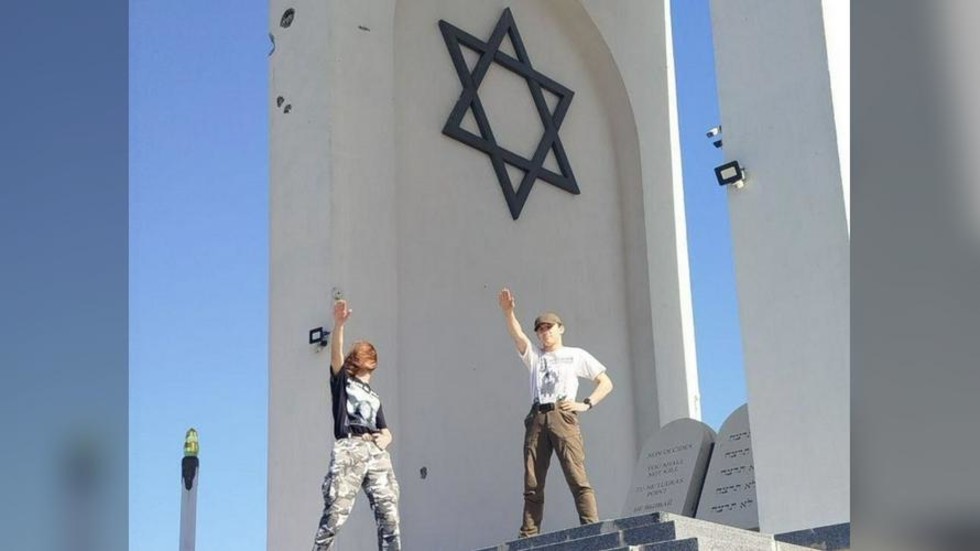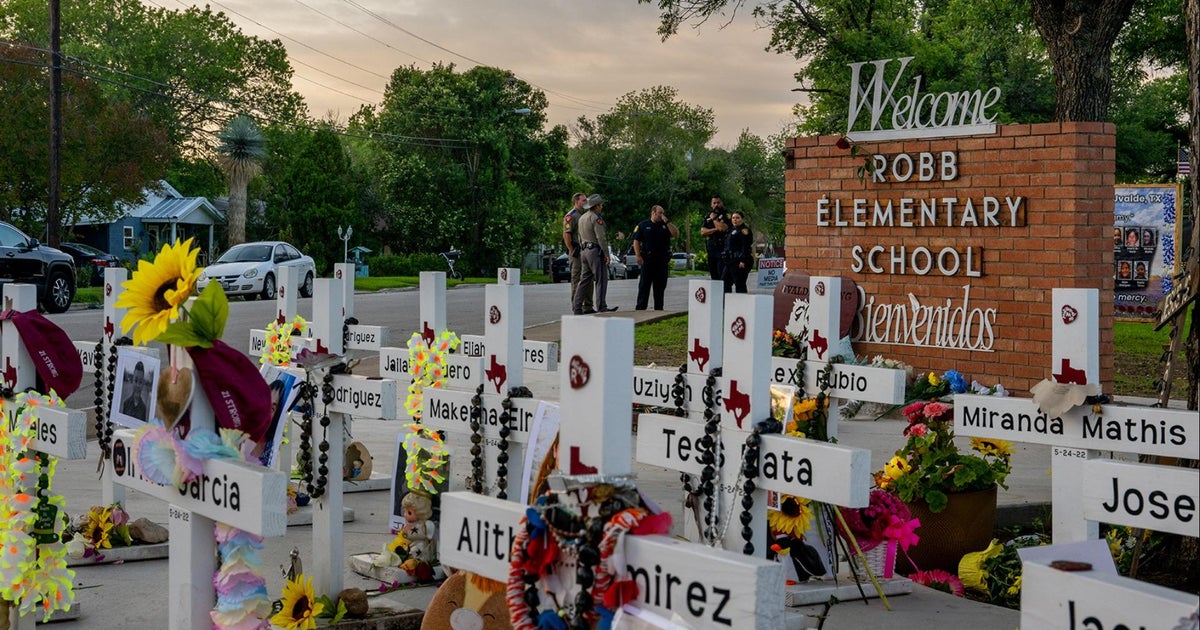Controversy Erupts as Ukrainian Youths Perform Nazi Salutes at Holocaust Memorial
A group of Ukrainian youths sparked international outrage after photographs emerged of them performing Nazi salutes at a Holocaust memorial site. The incident, which occurred last week at Babyn Yar in Kyiv—where over 33,000 Jews were massacred in 1941—has reignited debates about historical awareness, rising far-right extremism, and the weaponization of memory in Eastern Europe.
Outrage and Condemnation Follow Disturbing Images
The images, shared widely on social media, show at least five young men in their late teens or early twenties extending their right arms in the unmistakable gesture associated with Hitler’s regime. The memorial, one of Europe’s most significant Holocaust sites, honors victims of the 1941 massacre carried out by Nazi forces with the collaboration of local auxiliaries.
Jewish organizations and historians swiftly condemned the act. Dr. Miriam Cohen, a Holocaust scholar at Yad Vashem, called it “a grotesque desecration of memory.” She added, “This isn’t just ignorance—it’s a deliberate provocation that trivializes genocide.” Meanwhile, Ukraine’s Ministry of Culture pledged an investigation, labeling the incident “unacceptable.”
Historical Context and Modern Implications
Babyn Yar symbolizes the horrors of the Holocaust in Eastern Europe, where 1.5 million Ukrainian Jews perished during World War II. Yet the region’s wartime history remains contested. Some nationalist groups in Ukraine have glorified wartime figures who collaborated with the Nazis, framing them as anti-Soviet patriots—a narrative that critics argue whitewashes their role in atrocities.
- Rising Far-Right Activity: Ukraine’s far-right groups, though politically marginal, have gained visibility since the 2014 Maidan revolution. A 2022 report by the Anti-Defamation League noted a 14% increase in far-right activity across Eastern Europe.
- Memory Wars: Russia has exploited such incidents to accuse Ukraine of “fascism,” a charge Kyiv vehemently denies. Experts warn that historical revisionism fuels geopolitical tensions.
Multiple Perspectives: Defiance, Denial, and Damage Control
While the youths’ motives remain unclear, some Ukrainian commentators suggested the act might have been a misguided protest against Russia’s invasion. “This is likely performative rage, not ideology,” argued Oleh Kotsyuba, a Kyiv-based political analyst. “But it plays right into Moscow’s propaganda.”
Others, however, see deeper societal issues. Anna Lenchovska of the Ukrainian Jewish Committee stressed, “Education gaps are glaring. Only 30% of Ukrainian schools teach comprehensive Holocaust history.” A 2021 survey revealed that 41% of Ukrainians under 25 couldn’t identify Babyn Yar’s significance.
Global Reactions and Calls for Action
Israel’s Foreign Ministry demanded “swift accountability,” while the U.S. Holocaust Memorial Museum urged Ukraine to “confront extremist ideologies.” In contrast, far-right Telegram channels celebrated the act, with one user calling it “a rejection of Western guilt narratives.”
Ukrainian officials walked a tightrope. President Zelensky, who is Jewish, has repeatedly condemned antisemitism but faces pressure to avoid fueling Russian disinformation. Meanwhile, grassroots groups announced plans for interfaith dialogues and teacher training programs.
Looking Ahead: Education, Accountability, and Reconciliation
The incident underscores urgent needs:
- Reforming Education: Integrating Holocaust studies into national curricula could combat historical amnesia.
- Legal Consequences: Ukraine bans Nazi symbols, but enforcement is inconsistent. Prosecuting offenders would signal commitment to justice.
- International Cooperation: Partnerships with groups like UNESCO could help preserve memorials as spaces of learning, not division.
As the world marks the 80th anniversary of major Holocaust events, this controversy serves as a stark reminder: memory is fragile, and vigilance against hatred remains imperative. To support Holocaust education initiatives, consider donating to organizations like the Babyn Yar Holocaust Memorial Center.
See more NY Times Report



